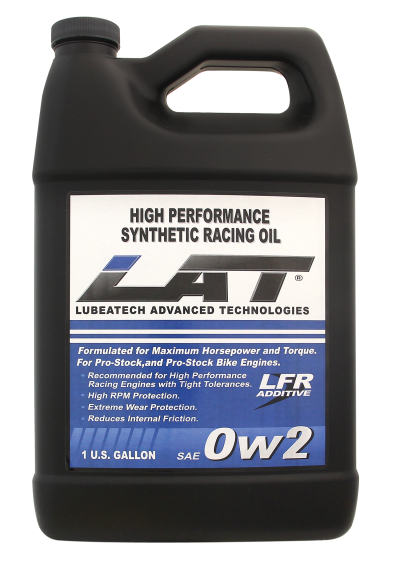OVERKILL
$100 Site Donor 2021
I learned it in the 60s from an engine builder in Cleveland who did flathead Fords for stock cars. So it goes back many decades. And with oil formulas and metallurgy so much better now, I have to think it's still a good number.
It's just a guideline for determining visc requirements based on clearances selected in performance builds, it shouldn't be used to discern minimum safe viscosity for an already engineered product.
Say you built a 355 CASCAR mill and went a bit generous on the bearing clearances. It takes 15w-40 to get you to 20psi at 2,000RPM, clearly you aren't going to be running 10w-30 in it.
That's not the same as say Porsche developing an engine that's intended to use a lubricant carrying A40, which requires extensive testing, has minimum HTHS requirements, AW requirements...etc. You can't just conclude that since that engine produces 30psi at 800rpm on 0w-40 that you can run 0w-8 in it.


